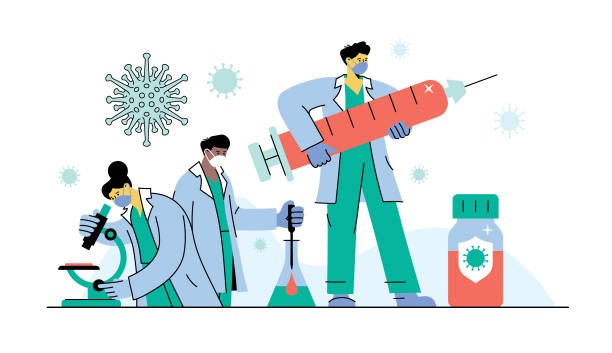Filters for Capturing Medical Data in Hospital Databases
Causes of data loss in hospital records:
Human errors: Incorrect data entry, omissions, incorrect transcription, etc.
Technical failures: Software or hardware failures, database errors, etc.
Security problems: Unauthorized access, cyber attacks, loss or theft of devices, etc.
Organizational factors: Lack of clear protocols, lack of staff training, work overload, etc.
Consequences of data loss
Risk to patient safety: Incomplete or incorrect information can lead to errors in diagnosis, treatment or medication.
Difficulty in continuity of care: Lack of information can hinder coordination between different professionals and levels of care.
Legal issues: Data loss can make it difficult to defend against claims or litigation.
Loss of patient trust: Failure to ensure the security of your data can damage the doctor-patient relationship.
Measures to prevent data loss:
Implement electronic record systems: These systems usually have security and data validation measures that reduce the risk of errors.
Establish clear protocols: Define procedures for entering, modifying, and accessing data.
Train staff: Train staff in the use of record systems and the importance of data integrity.
Make backup copies: Make regular backup copies of data to ensure its recovery in the event of loss.
Implement security measures: Restrict access to data, use strong passwords, encrypt information, etc.
Data loss in hospital records is a serious problem that can have negative consequences for patient safety and quality of care. It is critical that healthcare facilities take steps to prevent data loss and ensure the integrity of medical information.
Data loss in hospital records can have a significant impact on epidemiological surveillance, which is the process of collecting, analyzing, and interpreting health-related data to identify and control diseases and other health problems.
Impact of data loss on epidemiological surveillance:
Difficulty identifying outbreaks: Lack of data on disease cases can make it difficult to identify outbreaks and implement control measures.
Bias in trend analysis: Data loss can bias disease trend analysis, which can lead to incorrect conclusions about the health situation.
Difficulty evaluating the effectiveness of interventions: Lack of data can make it difficult to evaluate the effectiveness of public health interventions, such as vaccination programs or prevention campaigns.
Impairment in epidemiological research: Data loss can hamper epidemiological research, which is critical to understanding the causes and spread of diseases.
Difficulty in decision-making: Lack of accurate and reliable data can make it difficult to make informed decisions about public health policies and programs.
Example:
Imagine that a hospital loses data on patients with respiratory symptoms. This loss of data could make it difficult to identify an outbreak of a new respiratory disease, which could delay the implementation of control measures and increase the number of people affected.
Recommendations:
To minimize the impact of data loss on epidemiological surveillance, it is essential that healthcare facilities implement measures to ensure the integrity of medical records, such as:
Implementing secure and reliable electronic record systems.
Establishing clear protocols for entering, modifying and accessing data.
Training staff in the use of record systems and the importance of data integrity.
Performing regular backups of data.
Implementing security measures to protect data from unauthorized access or cyber attacks.
Temas relacionados:
También te puede interesar
Esta web se reserva el derecho de suprimir, por cualquier razón y sin previo aviso, cualquier contenido generado en los espacios de participación en caso de que los mensajes incluyan insultos, mensajes racistas, sexistas... Tampoco se permitirán los ataques personales ni los comentarios que insistan en boicotear la labor informativa de la web, ni todos aquellos mensajes no relacionados con la noticia que se esté comentando. De no respetarse estas mínimas normas de participación este medio se verá obligado a prescindir de este foro, lamentándolo sinceramente por todos cuantos intervienen y hacen en todo momento un uso absolutamente cívico y respetuoso de la libertad de expresión.
No hay opiniones. Sé el primero en escribir.
https://www.tribunacontactcenter.com/












